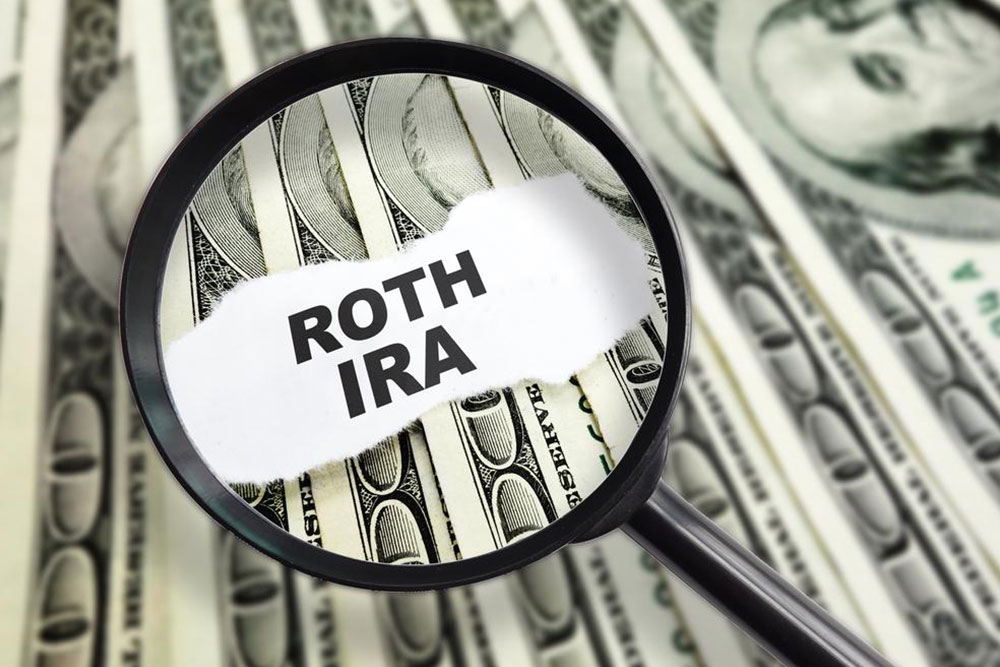Understanding the Advantages and Rules of Solo 401(k) Plans
Learn about the key benefits and rules of Solo 401(k) plans, ideal for self-employed individuals. Discover contribution limits, withdrawal restrictions, tax advantages, and deadlines for establishing and funding the plan. Simplify your retirement savings strategy with this flexible, tax-efficient option designed for independent entrepreneurs and small business owners.

Understanding the Advantages and Rules of Solo 401(k) Plans
What is a Solo 401(k)?
Also known as an individual 401(k) or Uni-401(k), it is a retirement savings plan approved under Internal Revenue Code Section 401, tailored for self-employed individuals or sole proprietors. Similar to traditional IRAs, this plan provides cost-effective, tax-advantaged investment choices along with unique benefits. It is best suited for freelancers, consultants, and real estate professionals. Funds can be rolled over from traditional IRAs, SEP plans, or other qualified retirement accounts, either through a new trust setup or by transferring to an existing custodian.
Benefits of a Solo 401(k):
Contributions can be made with tax advantages, with earnings growing tax-deferred until withdrawal. The plan's flexible structure reduces administrative requirements compared to traditional plans. Filing a Form 5500 is only necessary if assets exceed $250,000, simplifying compliance. Immediate vesting is standard, with no vesting schedules needed. Spouses and partners can also contribute, enhancing tax deferrals. Funding options include salary deferrals and profit sharing. Participants can also borrow from their retirement funds under specific conditions.
Withdrawal guidelines include:
Distributions are only permissible after employment ends or retirement. Early withdrawals before age 59.5 incur a 10% penalty. Non-RMD distributions are subject to 20% withholding taxes. Owners with a 5% stake must take RMDs starting at age 70.5, or face a penalty of 50% of the distribution. Contribution limits for 2017 are $54,000 or $60,000 for those over 60. An IRS Form 5500 must be filed when assets reach $250,000 or more.
Funding deadlines: Solo 401(k) setup by December 31 or year-end; salary deferrals by business year-end; profit-sharing contributions by tax filing date, including extensions.










